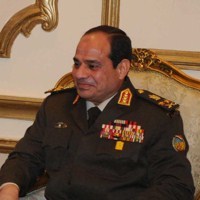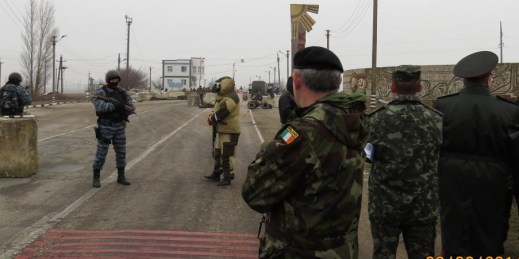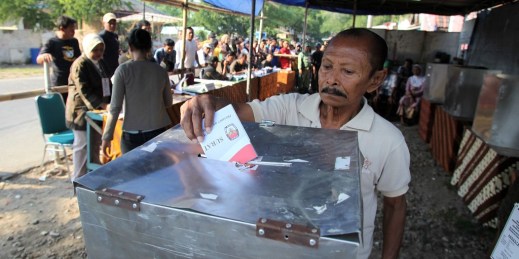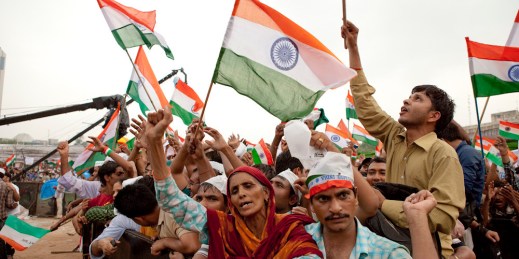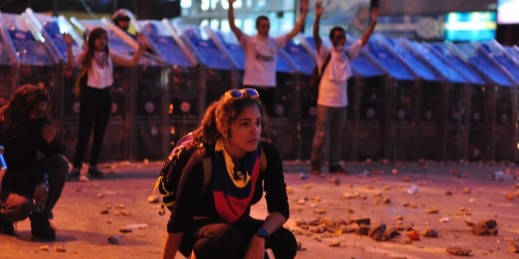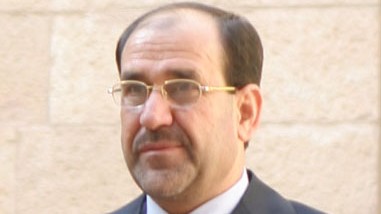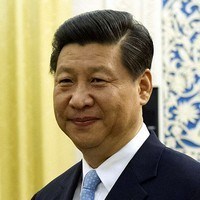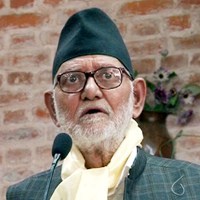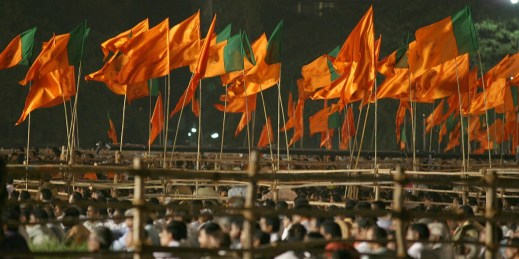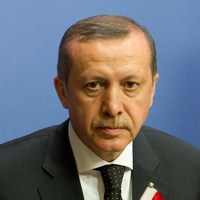
Last month, the Israeli navy took control of a Panamanian ship off the coast of Sudan that was carrying Iranian munitions to Gaza. The Red Sea operation underscored the growth of the navy’s role in Israel’s power projection, which has accelerated in the 21st century after many decades in which maritime strategy was something of an afterthought for Israel’s military. A maritime perspective was central in pre-state Zionist strategic thinking, because the seas were the gateway for Jewish immigration into Palestine. However, once the state of Israel was created in 1948, the seas and the navy lost their significance in […]

